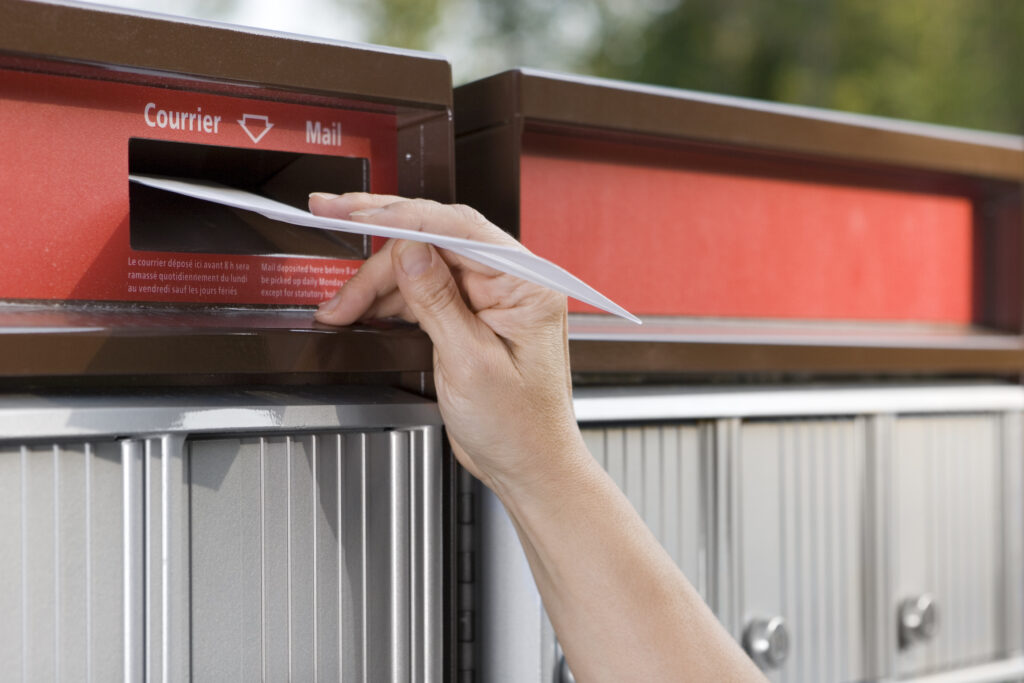Specifically, I wanted to highlight the checklists that cover a variety of aspects of charity operations.
I have reproduced the basic guidelines checklist below. It is a good reminder of the administrative requirements to insure your Charity status is maintained at all times.
☐ Engage only in allowable activities. A registered charity is allowed to carry out its charitable purposes both inside and outside Canada in only two ways: by carrying on its own charitable activities, and by gifting to qualified donees. A registered charity must maintain direction and control over its activities (whether carried out by the charity, or by an agent or contractor on its behalf) and must not engage in prohibited political activities or unrelated business activities.
☐ Keep adequate books and records. A registered charity must keep adequate books and records for the prescribed time period at an address in Canada that is on file with the Canada Revenue Agency (CRA).
☐ Issue complete and accurate donation receipts. A registered charity may only issue official receipts for donations that legally qualify as gifts. An official receipt must contain all the information specified in Section 3501 of the Income Tax Regulation. See sample receipts.
☐ Meet annual spending requirement (disbursement quota). A registered charity must spend the minimum amount calculated for its disbursement quota each year on its own charitable activities, or on gifts to qualified donees (for example, other registered charities).
☐ File annual T3010 information return. A registered charity must file an annual T3010 information return (together with financial statements and required attachments) no later than six months after the end of the charity’s fiscal period.
☐ Maintain the charity’s status as a legal entity. A registered charity that is constituted federally, provincially, or territorially must meet other specific requirements (in addition to the requirements of CRA) in order to maintain its status as a legal entity. This may include annual filing and/or annual fees. A registered charity should check with the relevant authorities to verify these additional requirements.
☐ Inform the Charities Directorate of any changes to the charity’s mode of operation or legal structure. A registered charity should get confirmation from the Charities Directorate (the Directorate) before changing its stated objects and/or activities to make sure they qualify as charitable. A registered charity should inform the Directorate if it changes its name, telephone number, address, contact person or governing documents (constitution, letters patent, etc.) and must obtain prior approval from the Directorate before changing its fiscal period-end.
Other checklist that are available and elaborate on the points above are as follows:
- Activities checklist
- Books and records checklist
- Receipting checklist
- Spending requirements checklist
- T3010 checklist
- Legal status checklist
- GST/HST checklist
These are good quick reference guides and they can be found by clicking on the following link:



